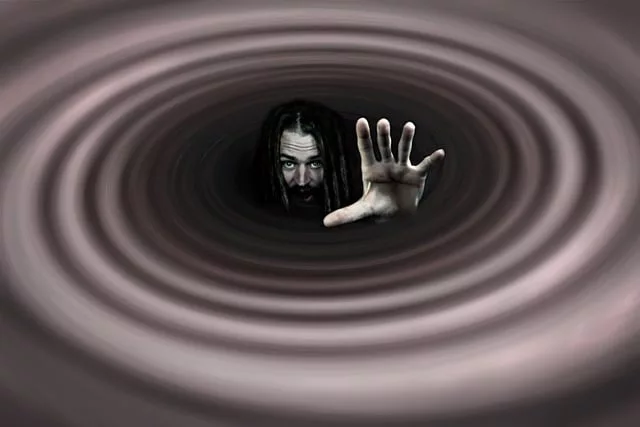According to the Centers for Disease Control and Prevention, nearly 52% of adults over the age of 18 in the United States are regular drinkers, and current statistics suggest that some 17.6 million Americans are alcoholics.
Let’s take a look at the Alcohol Withdrawal Symptoms that should be recognized and paid attention to.

Alcohol alters the brain’s chemistry and affects neurotransmitters responsible for producing feelings of calm, relaxation, and happiness. Frequent and repeated drinking suppresses these same neurotransmitters and causes a tolerance, meaning more alcohol is needed to produce the same results.
Alcohol Withdrawal Syndrome (AWS) occurs when people who are regular drinkers either reduce their intake or cease alcohol consumption altogether. Without alcohol, the formerly suppressed neurotransmitters in the brain kick back into high gear, creating both emotional and physical signs of withdrawal in the body. These symptoms range from mild to severe, and in extreme cases, can even be fatal.
List of Alcohol Withdrawal Symptoms
The intensity of alcohol withdrawal depends on many factors, such as age, health, and history of alcohol withdrawal and detox. Primarily, how heavily an individual drink is a key element.
Chronic alcoholics can start withdrawal as early as two hours from their last use of alcohol. However, regular drinkers can begin to experience withdrawal six to 12 hours after they stop drinking.
Alcohol Withdrawal Symptoms can include:
- Mild anxiety
- Nausea and vomiting
- Headache
- Insomnia
- Shaking hands
- Sweating
- Irritability
- Fatigue
Withdrawal can last days or weeks, and in the case of Protracted Withdrawal Syndrome (PWS), up to a year.
Those who have developed a habit of excessive daily drinking over a period of weeks, months and years are at the greatest risk of a medical emergency, even death, during withdrawal.
Alcohol Withdrawal and Detox Can be Fatal
Heavy and prolonged use of alcohol results in serious health issues. Within 48 to 72 hours of withdrawal from alcohol, these individuals can develop a life-threatening condition called Delirium Tremens (DTs).
People who are older, have an acute medical illness, abnormal liver function, or who have a history of seizures from earlier withdrawals are in grave danger of developing DTs.
The symptoms of Delirium Tremens can be severe, such as:
- Visual hallucinations that are indistinguishable from reality
- Severe tremors
- Heart attack and stroke
- Fever
- Extreme anxiety
- Seizures
- High blood pressure
- Irregular heartbeat
- Sweating
- Confusion and disorientation
Even when DTs are not present, heavy drinkers in withdrawal are still at risk of epileptic seizures, convulsions and cardiac arrhythmias, where the heart spasms and won’t efficiently pump blood.
How To Safely Handle Alcohol Withdrawal Symptoms
Alcohol withdrawal is a very serious condition that can cause severe health issues if not supervised and managed by experienced professionals. For this reason, it should never be attempted alone or at home.
The best way to safely deal with alcohol withdrawal is to pursue medical attention and treatment. A qualified detox center will not only help ease a person’s symptoms, but in severe cases can save an individual’s life.
After overcoming withdrawal, addiction specialists at an alcohol detox center can assist individuals in coping with their addiction’s underlying issues and teach them how to embrace a new and healthy lifestyle without alcohol or drugs.
Related:
Is There a Difference Between a Hangover and Alcohol Poisoning?
Heavy Drinking and Alcoholism Aren’t the Same Thing
7 Things You Might Not Know About Delirium Tremens





